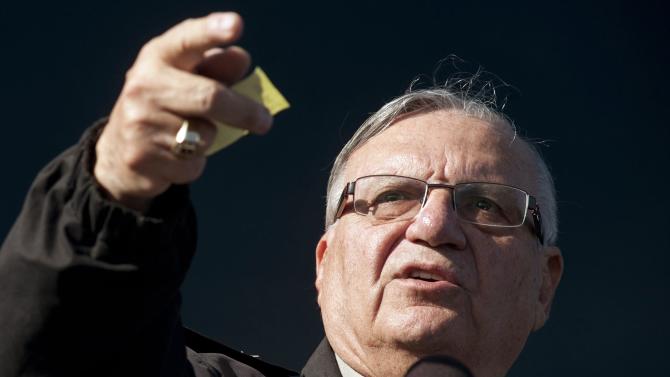(CNS News) – Sen. Jeff Sessions (R-Ala.) said Thursday that President Barack Obama’s executive action plan for illegal immigrants was unconstitutional and therefore Congress must not confirm Obama’s attorney general nominee who is committed to executing that “illegal and unconstitutional” policy.
“So, why would we want to confirm someone who’s going to continue to execute an unlawful, unconstitutional policy?” Sessions told CNSNews.com.
At the Capitol on Thursday, CNSNews.com asked Sessions if illegal aliens have a right work in the U.S.–a claim attorney general nominee Loretta Lynch had made the day before in her confirmation hearing in response to a question from Sessions.
“The law says they don’t, and it explicitly says an employer can’t hire someone who’s illegally here,” said Sessions.
“There’s no question about this,” said Sessions. “This is why the president’s action, his amnesty, is so stunningly, dramatically dangerous–because our Congress considered what he wanted to be done and rejected it.
“And the president goes beyond,” said Sessions, “saying well I don’t have enough, I’m using prosecutorial discretion about who gets deported to the point where he says I’m giving up to 5 million people work authorization, Social Security benefits, Medicare benefits, an ID card [to individuals] who under the law are here unlawfully.”
Attorney general nominee Loretta Lynch being sworn in at her confirmation hearing on Jan. 28, 2015. (AP Photo)
“This is, as Professor Turley has so eloquently stated, an incredible constitutional overreach,” said the senator. “And Congress is not a potted plant, it needs to defend itself, it has certain powers that it should use to block this wrongdoing. One of those powers is confirmation power, so why would we want to confirm someone who’s going to continue to execute an unlawful, unconstitutional policy?”
“One of the other powers, will soon be on the floor, is the power of the purse,” he pointed out, “and Congress has no responsibility to fund an executive program that they oppose as a matter of policy or, and in addition, is illegal and unconstitutional. So Congress should not give money to the Executive branch to execute a plan that’s unlawful and especially when the American people by a substantial majority oppose what the president’s doing.”
Session said he was “just baffled by the President’s assertions of power that are so baseless,” adding “I don’t think that we should feel obligated to confirm someone who stated in the hearing that she intends to continue those policies.”
CNSNews.com followed up: “Do you think Loretta Lynch should clarify her remarks to you where she said, ‘I believe the right and the obligation to work is one that is shared by everyone in this country regardless of how they came here?’”
“Well I think that revealed her thinking, so they got scared about that because American people begin to see just how broad their view is on this issue,” Sessions replied.
“Secondly all she really said was, when she retracted, was that it’s the 5 million people. Well that’s the complaint about the president’s action. He had no authority to give them the work permit, so she’s supporting what the president said.”
“She refused to say that she would not take legal action against an employer who gave preference to lawful workers over … workers with an Obama Card,” said Sessions.
http://www.cnsnews.com/news/article/lauretta-brown/sessions-why-confirm-ag-who-s-going-execute-unconstitutional-policy
 “It's worse now that there is a Republican majority than it was before,” Dr. Savage said to his listeners.
“It's worse now that there is a Republican majority than it was before,” Dr. Savage said to his listeners.




